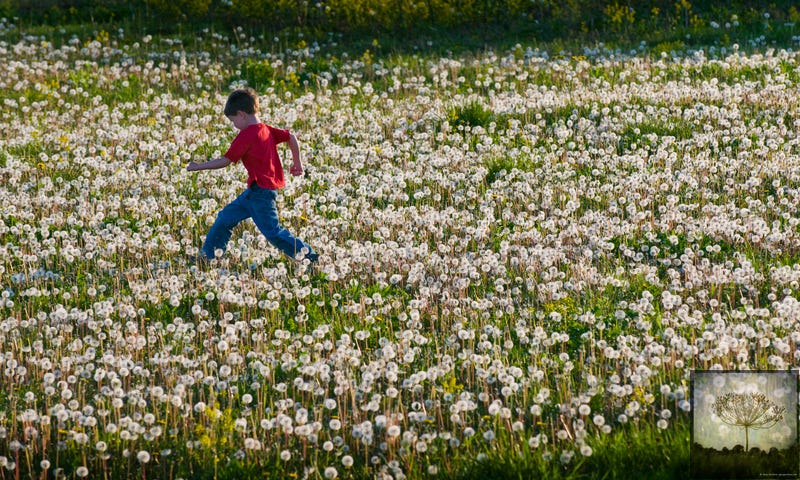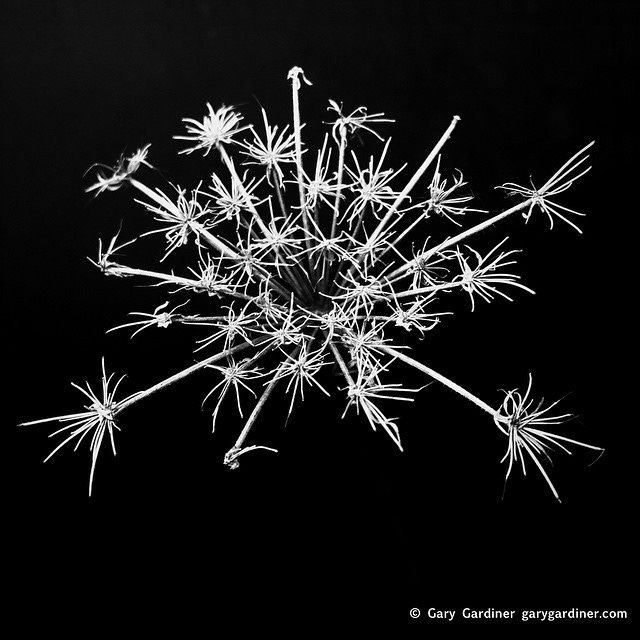The Granularity of Eighty-One Years
I began my birthday, 81, naked in an empty room, waiting for someone I haven’t seen in a year to tell me what my future will be.
The dermatologist.
The room is white, overlit, and colder than necessary. My untied boots rest in the corner like a collapsed animal, its chest flayed open. My clothes, fresh this morning, now hang from a hook beside the door, the door that will open soon with a light knock, the doctor and nurse entering like a weather front. I’m covered with a paper blanket, reversed with my backside now seated on the paper-covered exam table, the universal throne of vulnerability.
Naked usually doesn’t bother me. But sitting naked in someone else’s room does. That’s a different kind of exposure. It’s not about modesty; it’s about territory. The room isn’t mine. The body is, but even that feels under review now, an object of concern, curiosity, and clinical analysis. I sit still, a little chilled, arms crossed over my lap, not for shame, just for warmth. Stoic, but not stiff. The stoicism isn’t forced; it’s muscle memory at this point.
I’ve brought a book of poetry to read while waiting. “The Poetry of Impermanence, Mindfulness, and Joy,” with selections marked with yellow tabs for easy retrieval. My favorite is “If You Knew,” by Ellen Bass. It begins -
What if you knew you’d be the last to
touch someone?
I know what’s coming. A diagnosis, likely precancerous spots. A prescription for a topical cream that will, over a few weeks, make my face look like it’s been through a small war, scabs, sores, inflammation, all signs that the medicine is doing its job: finding and burning away the cells that would rather mutate than behave. It’s strange how medicine can feel like punishment, even when it’s saving your life.
Still, I’m surprised, not by this news, not by the ritual of exposure or treatment. I’m surprised I’ve made it to 81 and am still relatively healthy. My hearing is decent. My memory is mostly intact, sharp when I need it to be. I’ve got a torn meniscus in my left knee that makes stairs a negotiation. Salt is now something I have to think about rather than enjoy. And I’ve had to accept the quieter reality of sex. Nothing devastating, just adjustments. Aging, like parenting or grief, is mostly logistics.
People don’t talk much about this part, the granular reality of growing old. They want aging to mean something dramatic or poetic: a well of wisdom, a heroic tragedy, or a sunlit resilience that makes the young feel better about what’s coming. But what aging really feels like, at least to me, is more logistical than lyrical. It’s paperwork, insurance, appointment scheduling, and sometimes staring at a purple-yellow bruise on your hand that you can’t explain.
And I say this as someone who’s spent a lifetime observing the world up close, through a lens, through interviews, through written dispatches meant to clarify and document. I’ve been a moderately public figure through my photos and journalism, and I’ve tried to be honest in how I’ve shown others. But there’s a strange silence when it comes to showing this part of life, the late part. You become a little less visible, even if your work still circulates, even if your name still comes up now and then.
I no longer sit with editors and other journalists at twice-daily meetings. I don’t walk through shoots with news teams. That part of my life is behind me. Now, I work alone. No producers, no handlers, no staff to lean on or impress. Just me, my camera, and whatever or whoever I’m chasing down that day. The only feedback comes after the fact, through the eyes of the people who see my images and decide, in their own silent way, whether the work still speaks.
And that’s its own kind of vulnerability. Not the institutional kind, where people assess you with polite smiles and measured expectations, but the raw kind, where the only question that matters is: Did I capture something true? There’s no filter of approval, no editor polishing the narrative. Just the shot as it landed, and whether or not it holds.
I often tell people my photos are incidental. They’re not the goal, they’re the result of being present. Of allowing an experience to fully unfold around me, of giving it room to breathe without rushing to capture or define it. I don’t go looking for “the shot.” I let the experience show me what matters, and if I’m paying enough attention, I might catch that brief slice of time, the one that tells the whole story in a frame.
Experience builds empathy. Not just emotional understanding, but a kind of visual empathy, the ability to witness a moment and intuit its weight, its stakes, its shape. That’s what age has given me. I’m not trying to impose a narrative on what I see. I’m trying to understand what it already is.
I’ve spent enough time watching people to know when something’s real and when it’s for show. I can feel the tension in a room before anyone speaks. I can see who holds power and who doesn’t, even in a crowd. That kind of sensitivity doesn’t come from training. It comes from years. From showing up, messing up, and slowly learning how to be less intrusive and more aware.
The photos that result, when they work, are compelling because they don’t just show what happened. They witness it. They carry the trace of the experience that shaped them. They’re less about technique and more about truth. And that truth, more often than not, reveals itself quietly, in the glance that wasn’t meant to be seen, in the posture of someone waiting for their life to change, in the absence of action just before everything begins.
None of this came quickly. That kind of attention, the ability to stand in a space and feel its undercurrent, is something only time can teach. You have to live long enough to stop rushing. To realize that you’re not the center of the story, just the witness to it. That kind of patience doesn’t come when you’re young, no matter how technically skilled you are. It comes when you’ve lived through enough versions of joy, pain, failure, and recovery to recognize them in others without needing them explained.
So no, age isn’t a barrier to this work. It’s the foundation of it.
At 81, I don’t chase moments. I wait with them. I don’t try to impose meaning; I let it surface. My hands are still steady, even with a hint of arthritis, and my eye remains sharp, not just optically (though the new glasses help), but in knowing what matters. What’s worth being seen. What’s worth stopping time for.
I used to believe photography was about catching the perfect moment. Now I understand it’s more about being the kind of person the moment trusts enough to show itself. That shift, from pursuit to presence, has come with age, not as limitation, but as clarity. I’ve stripped away what no longer serves the work. I don’t shoot to prove anything. I shoot because something true is happening, and I’m ready to recognize it.
A lesson I’ve shared with fledgling photographers is that their work only needs to satisfy one person: themselves. If their experience captures that brief slice of time that reveals a truth, then they have fulfilled the personal, internal requirements for a good photo. Anyone who sees it will have two reactions: the photo is effective and great, and you, the photographer, match that greatness by emotionally connecting the viewer to the moment.
And maybe that’s why sitting naked in that exam room struck me so deeply. I wasn’t afraid of the diagnosis, or even the discomfort. I was just aware, fully, bodily aware, of being the subject instead of the witness. That cold vinyl table. My clothes hang off a hook like a past self. A closed door about to open. For once, I wasn’t behind the lens, shaping the frame. I was the frame.
There’s something humbling about that. Something instructive, too. To sit still and wait for someone else to read your body the way you’ve spent a lifetime reading others’. To have your future arrive in the form of a clipboard and a prescription. To know that no matter how much you’ve documented the world, you still belong to it. Aging doesn’t excuse you from being human. If anything, it insists on it.
So I sat there. Not nervous. Not hopeful. Just aware. Aware of how far this body has carried me. Of what it’s endured and still offers. Aware of the quiet exchange happening, the doctor doing his work, the intern watching, the air thick with clinical certainty, and me, the subject, neither resisting nor surrendering.
There’s acceptance in that. A kind I wouldn’t have understood at 40, or even 60. Not the passive kind, not resignation, but a calm acknowledgment of what is. That things break down. That bodies wear out. That time has no reverse. And yet…
There’s still defiance. Not the loud kind that kicks and curses, but something quieter and stronger: the refusal to disappear. The commitment to keep working. To keep seeing. To keep showing others what is worth their attention before it slips away. To still be out there, camera in hand, telling the truth, mine and theirs.
And behind both acceptance and defiance, there’s gratitude. Not the performative kind. Not hashtags and platitudes. Just the deep, steady recognition that this, this life, this work, this body, has given me far more than it’s taken. That 81 is not an ending or a beginning, but a continuation. Of presence. Of purpose. Of seeing.
Whatever future walked through that door with the doctor, it met someone who wasn’t waiting to be told who they are. It met someone already living it.
My Final Photo News is a reader-supported publication. To receive new posts and support my photography and commentary, become a free or paid subscriber. Subscribe to The Westerville News and PhotoCamp Daily. My Final Photo News also recommends Civic Capacity and Into the Morning by Krista Steele.




Gary, without question you, your photos, your view of the world- our world - are much brighter due to what you show us and what you teach us. Including this great essay on both the realities and the indignities of aging. We are all aging, and what you have offered is another vision of the world through your eyes. Thank you. As an (almost) lifelong Westervillian I can say your arrival in our town has filled the void we've needed since the loss of our beloved Public Opinion. You are an ever present - "is that a man with cameras around his neck?" - that's Gary- "keep your eyes posted for his interpretation of whatever is happening in our town".. Whatever is coming next , don't doubt your value to everyone who knows you and sees you. And many thanks to all- including me - who are inspired by your posts. Thank you.
Thank you for sharing your experience and perspective with us! You are seen and appreciated. At 71, I appreciate you leading the way in the paths of life and commenting about it. We’re made in the image of God and His gifts are available to us partly by allowing our humanity to accept them. I’m glad you are experiencing some of these blessings and expressing gratitude.